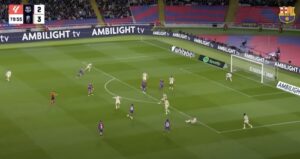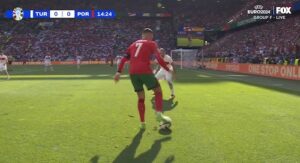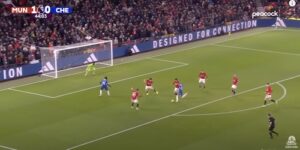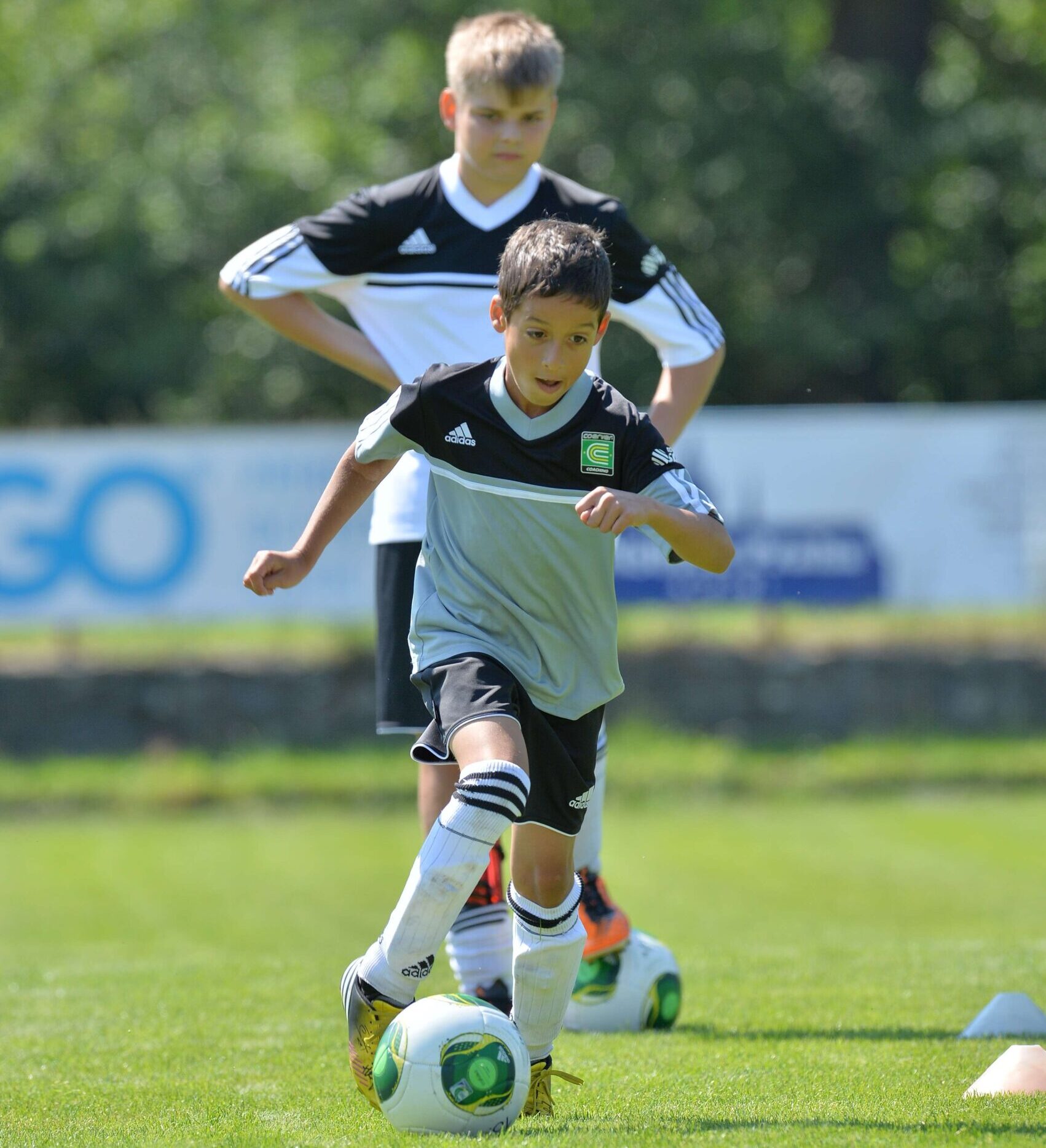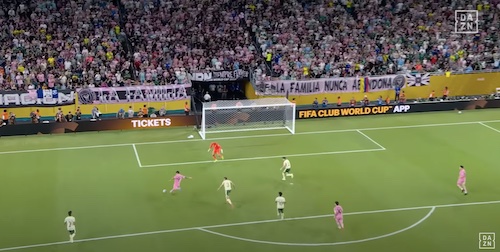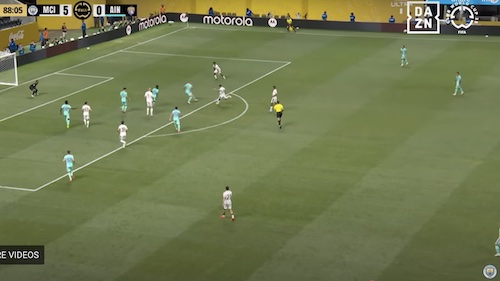If you’re a soccer player, you know just how much brain power is used when you’re playing in an intense game. If you have three or four defenders surrounding you and have to slip the ball through to a teammate and then get the ball and finally cross the ball to another teammate, you know this takes not just physical ability and soccer skills but mental focus and intelligence. Well, it seems that has now been proven in a recent Swedish study:
The particular area of thinking at which soccer players excel is executive function — a term that includes creative problem solving, multi-tasking, inhibition and working memory. That last one, working memory, refers to the ability to recall previously stored information on the spot and use it to problem solve. Many of these are skills that can be seen on the field: employing strategy in the midst of a game (creativity, working memory), executing a play while also surveying the field (multi-tasking) and following the rules of the game (inhibition).
Researchers administered an established cognitive function exam (for which there is a national average) to 57 male and 26 female soccer players from Sweden’s three top ranked national divisions. They then compared the players’ results to the average score from a 2007 nation-wide sample. Not only did the elite players’ score above average for executive function, their cognitive scores went up as their playing scores did: in other words, the more skilled a player was on the field, the higher they tested for executive function. That’s important because it implies an actual association between soccer skill and cognitive ability, rather than the influence of a tertiary factor.
Still there remains a “chicken-and-egg” question: are brainy soccer players born or made? Do people with elevated executive function reach elite levels of soccer playing? Or does all that game-time experience and scrimmaging result in improved thought patterns? The researchers hedged a bit: “The study cannot answer the question whether the difference in executive functions mirrors practice or genes. There is probably both an inherited component and a component that is trained,” they said in a statement.
So, when Mom says come inside and do your homework you can tell her that all of your soccer playing is going to help you pass the test and get into a good school when you’re older.
Source: HuffingtonPost

